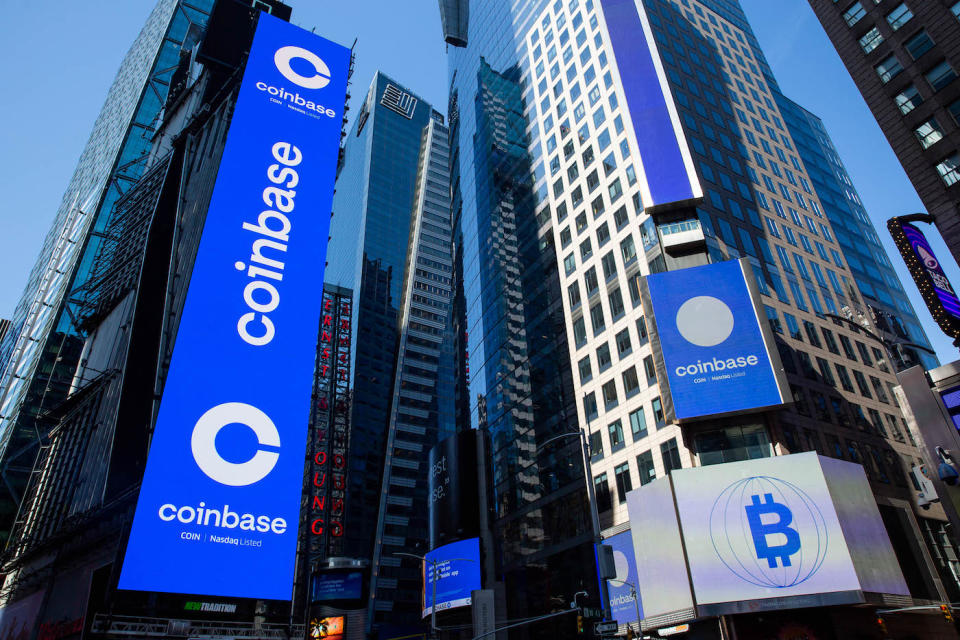Coinbase Names Mitsubishi UFJ as Banking Partner in Japan

U.S. cryptocurrency exchange Coinbase is forming a partnership with one of Japan’s largest banks to launch Coinbase Japan as part of a larger effort to expand worldwide.
Mitsubishi UFJ Financial Group (MUFG), a bank with more than 40 million Japanese customers, will provide “MUFG Quick Deposit” for Coinbase’s local users, according to a blog post on Wednesday,
The move into Japan follows a green light from the country’s financial regulators, who have looked sternly at the crypto industry in recent years.
Related: Japan’s Liquid Global Exchange Hacked; $90M in Crypto Siphoned Off
Japanese customers using Coinbase can buy bitcoin, ether, stellar, litecoin and bitcoin cash, with other listings to follow, CoinDesk previously reported. An exact date of the Coinbase Japan launch has not yet been given.
The move follows the Nasdaq-listed exchange’s subsidiary registering with the Financial Services Agency (FSA), the country’s financial watchdog, in June. Coinbase said its partnership with the bank was a bid to become the country’s “most trusted exchange” that is “fully compliant.”
Japan’s crypto regulations have been strict. The hardline from regulators stems from the fallout from a number of exchange hacks that have occurred in the country over the years, including a hack of Coincheck in 2017.
Following the hacks, the FSA and self-regulatory rules promoted by the Japan Virtual Currency Exchange Association have only increased in scope, scrutiny and intensity. Some crypto exchanges such as Kraken left the country in 2018, citing rising costs as a result of red tape.
Related: Coinbase Stockpiles $4.4B in Case of ‘Crypto Winter’: Report

 Yahoo Finance
Yahoo Finance 